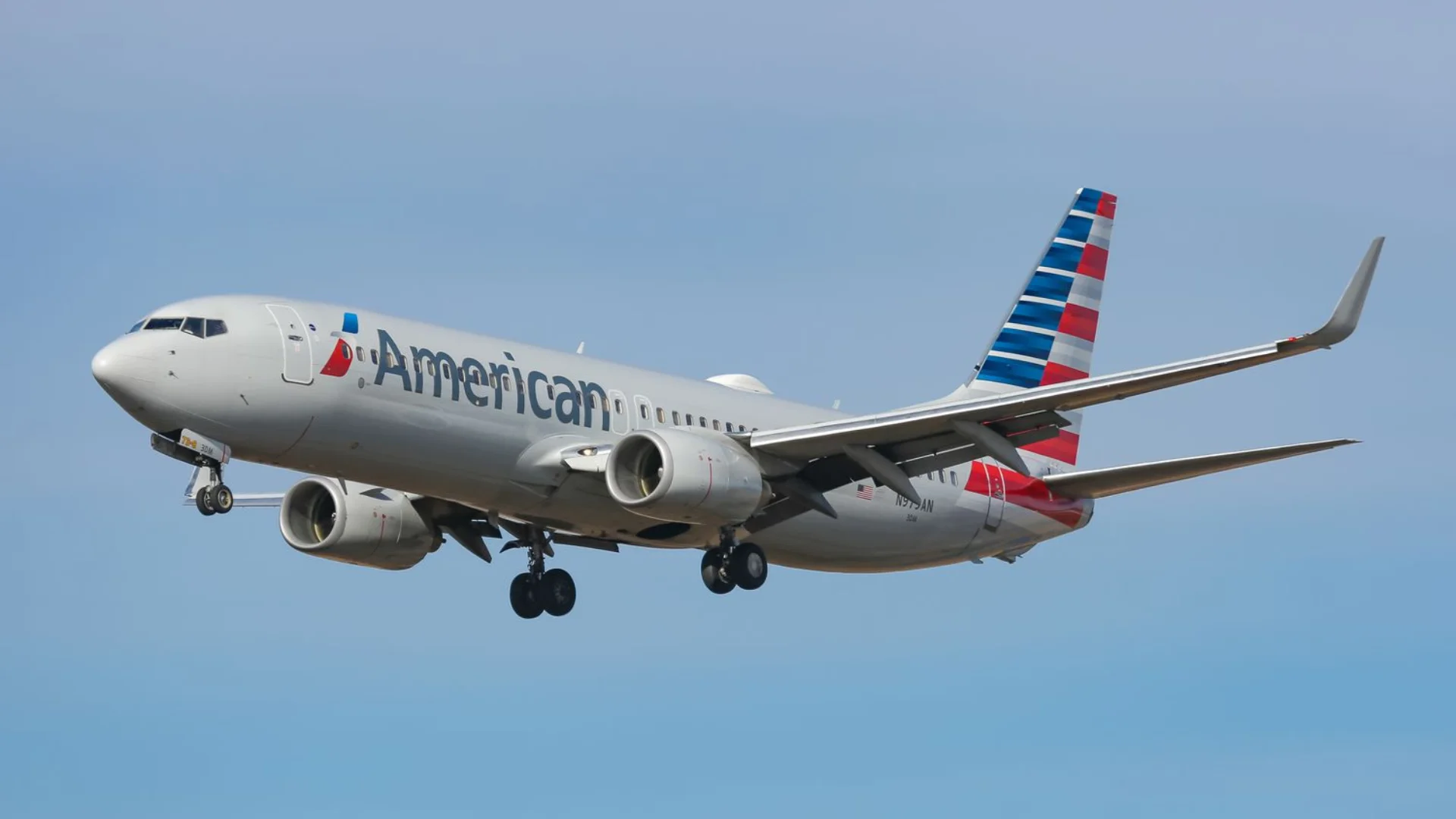To sustain such consumption levels on long flights like London to New York, which requires about 154,000 lbs of fuel burn, a Boeing 747 can store up to 63,034 gallons in later variants. Fuel storage is primarily within the wings with additional tanks elsewhere for maximum capacity.
Recently, FAA investigations have focused on cap seal issues in the fuel storage system of some Boeing 747-400F models due to safety concerns stemming from improperly applied seals that could fail during certain conditions.
Aviation fuel's environmental impact extends beyond CO2 emissions alone; it also includes other factors such as water vapor clouds containing harmful substances at high altitudes. Comparisons show that aviation has a higher climate impact per passenger-hour traveled than car travel.
Modern airliners like the Airbus A350 and Boeing 787 Dreamliner are more efficient but still consume large quantities of fuel relative to their predecessor designs like the Boeing 747. They feature advancements such as lighter materials and better aerodynamics but do not always surpass older models in terms of mpg per passenger when fully loaded.
Sustainable aviation fuels (SAF) present potential solutions for reducing aviation’s environmental footprint by providing similar performance without relying on fossil fuels. SAF can significantly cut greenhouse gas emissions if implemented widely but faces economic challenges due to current production costs and volumes being insufficient for widespread adoption.
Virgin Atlantic made strides in SAF usage by conducting a successful flight with a Boeing 787-9 Dreamliner powered entirely by sustainable fuels in recent years. However, wider industry adoption remains limited largely due to economic constraints associated with SAF production costs compared against traditional jet fuels.
 Alerts Sign-up
Alerts Sign-up








